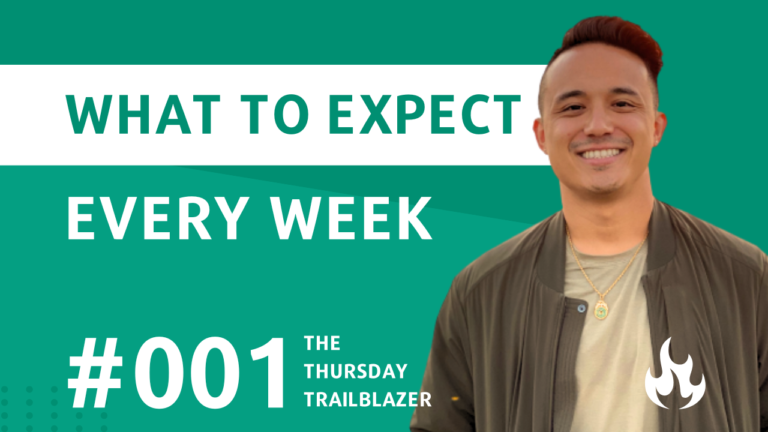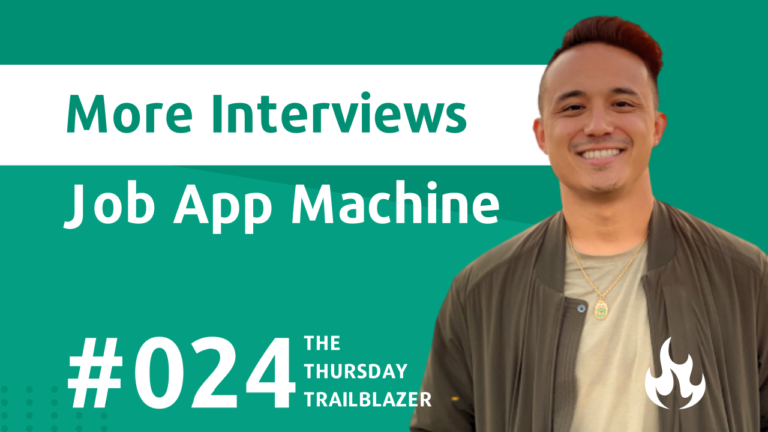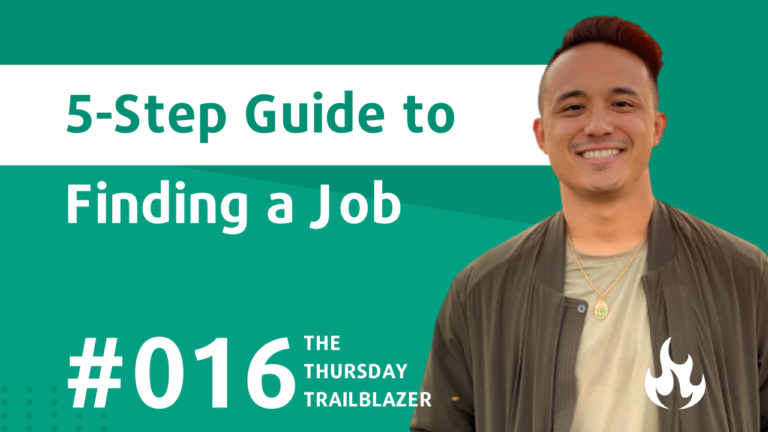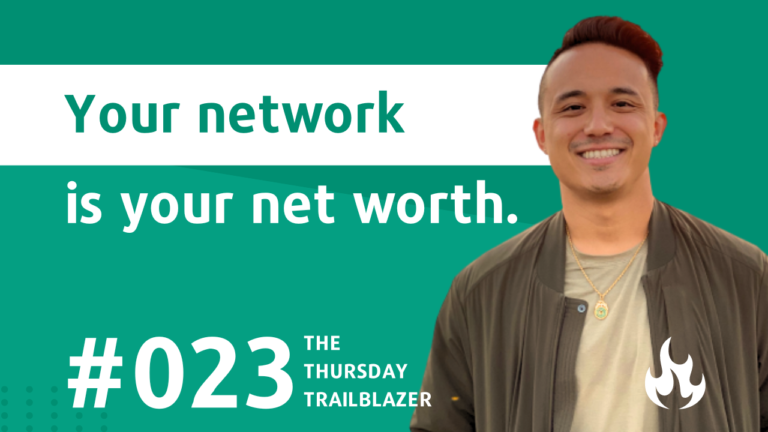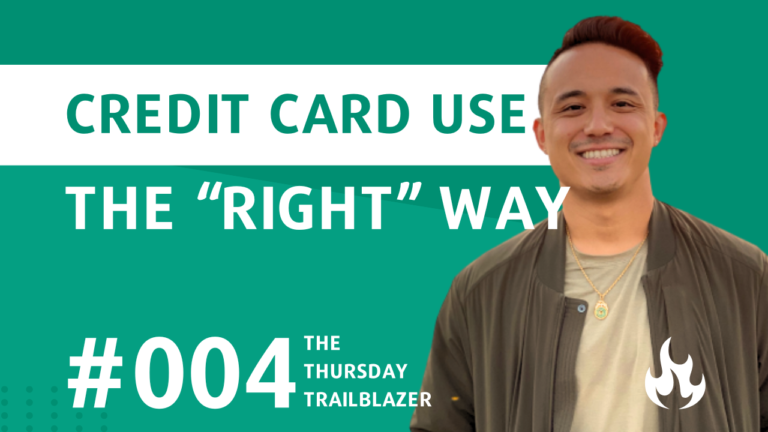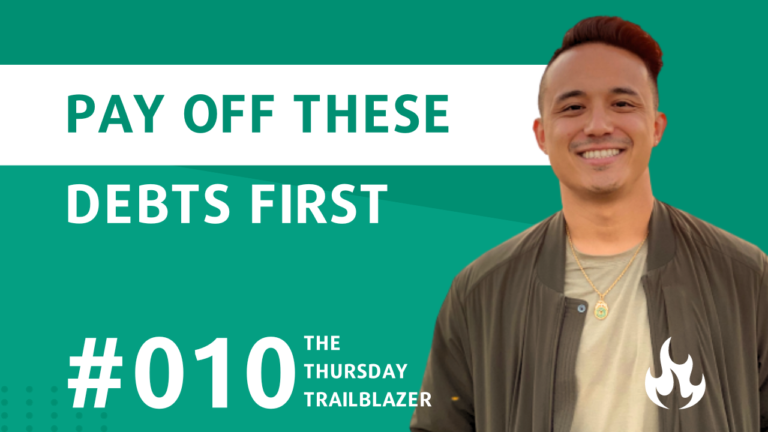T3 #012: A Health Savings Account (HSA) is the ultimate investment hack
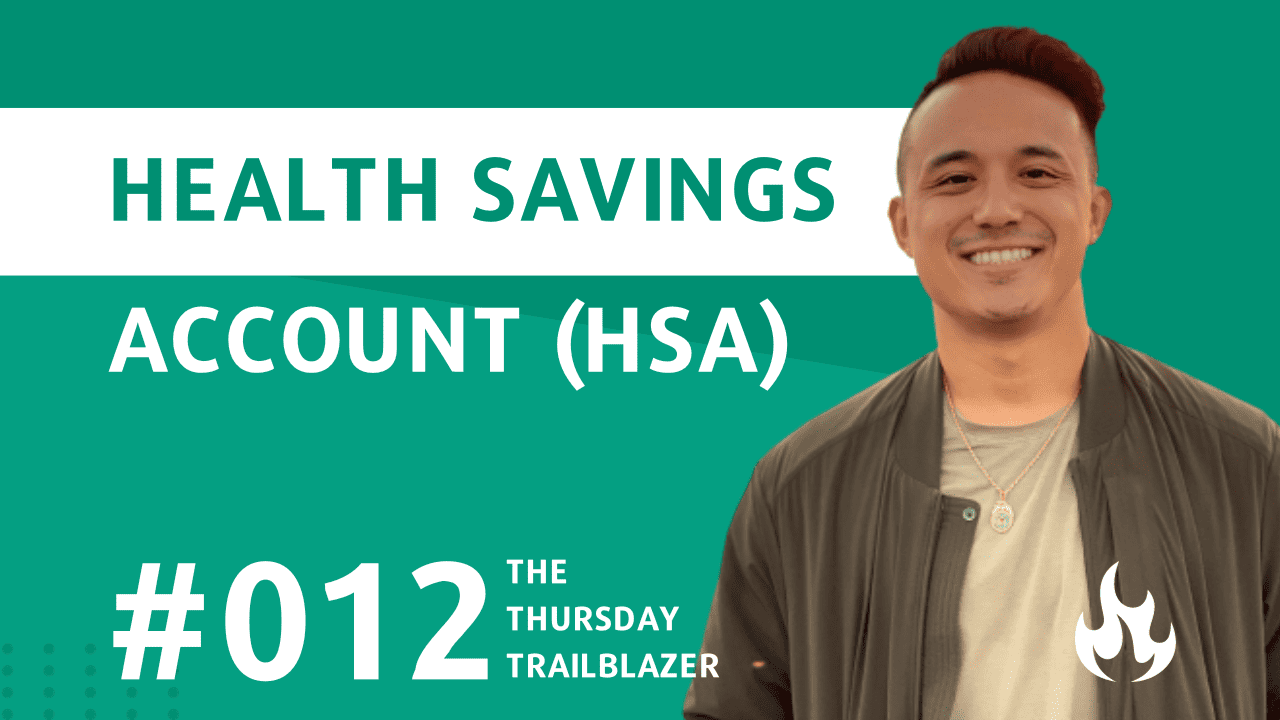
Anytime you start a new job…
…you are overwhelmed with read this and read that. 😵💫
One of the larger decisions to make includes which health plan to select.
If you’re experience is anything like mine, there are a ton of random terms like:
PPO.
HMO.
Low deductible health plan.
High-deductible health plan.
The list goes on and on.
One term that I was blind to for over 10 years
and cost me thousands of dollars was the high-deductible health plans with a health savings account (HSA).
What is a health savings account (HSA)?
If you are one of the 23% of Americans that hasn’t started or researched what a HSA is…
…a Health Savings Account (HSA) is a tax-advantaged medical savings account.
They are available to those that are enrolled in high-deductible health plan (HDHP).
The funds contributed to an HSA are not subject to federal income tax at the time of deposit.
Unlike a Flexible Spending Account (FSA), funds roll over and accumulate year over year if not spent.
But here’s the one thing that is unique about an HSA:
You can invest your HSA contributions where they grow and be withdrawn tax-free just like other retirement accounts.
That is a unique benefit of on HSA since other retirement options are typically taxed in a number of different ways.
Looking back when I was younger, I rarely used any of my medical benefits.
Mostly because I was in relatively good health…
…but I had a low deductible health plan (so no HSA option).
Those are great “in case something happen” but at the expense of giving up contributing 10+ years to a HSA.
Today that is like giving up $40,000+ towards my retirement!
TL&DR: An HSA offers triple tax advantages (tax-deductible contributions, tax-free growth, tax-free withdrawals for medical expenses), helps save for future healthcare costs, and can double as a retirement savings tool.
Who should consider a health savings account?
As I started to learn more about HSAs…
…there were some things to consider if this was right for me.
The most expensive thing to consider is to be eligible for a HSA plan is that the medical plan will have high deductibles.
This means that before the medical plan covers any expenses…
you’ll need to pay more out of pocket.
Another way to say it – need a larger emergency fund for medical expenses.
This isn’t ideal if someone has on-going health expenses…
…or has other considerations like kids.
If I had to do it all over again, what would I do?
Assuming I was in good health…
…I would select the high-deductible health plan with an HSA by default until I was 30 years old.
Then I would reconsider the plans based on the different things that might have changed in my life.
During that time I would have at least 6 months of an emergency fund plus whatever my high-deductible would be.
That way I’m financially ready (in cash) for any unforeseen issues.
That would give me at least 10 years in throughout my 20’s to stash away a solid nest egg that can grow 40+ years into my retirement.
Now that is passive income!
Now there are a few things to not forget! 🚨
You need to contribute to your HSA fund.
Just because you have the option doesn’t mean it’ll magically be funded.
Also keep an eye out for employer contribution options.
Some companies will contribute over 25% of annual contribution limits on your behalf.
Don’t lose out on free money!
You need to invest your HSA fund.
An account uninvested in like leaving cash under the bed.
Well, sorta.
After you meet the minimum investment requirement…
…you need to invest it into a fund!
Depending on the investment provider – I would choose something with minimum risk that tracks against the S&P 500.
I’m looking for something with consistent growth.
I’m not in any rush.
I have 30+ years for this to grow. 🌱
📚 Other Notable Resources
- Last Week’s Post: How much should I spend on a new car?
- Free Resource: 20/4/10 Car Affordability Calculator
- Free Resource: Personal Budgeting Template (works for couples too!)
Learn the tactics we should have learned in school without the trail-and-error.
Join me and 67+ subscribers to The Thursday Trailblazer. Every Thursday morning, you’ll receive 1 step-by-step insight to help you level up in the areas of personal finance or career development.

